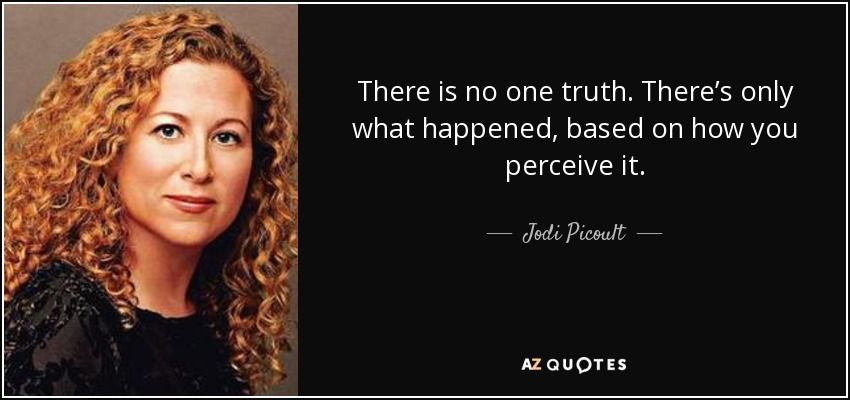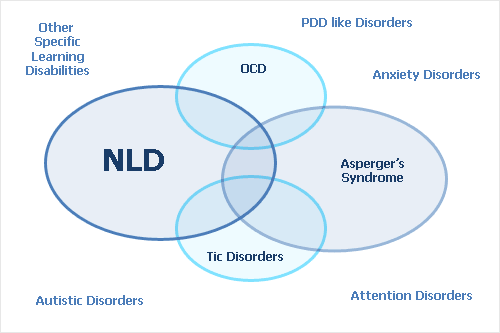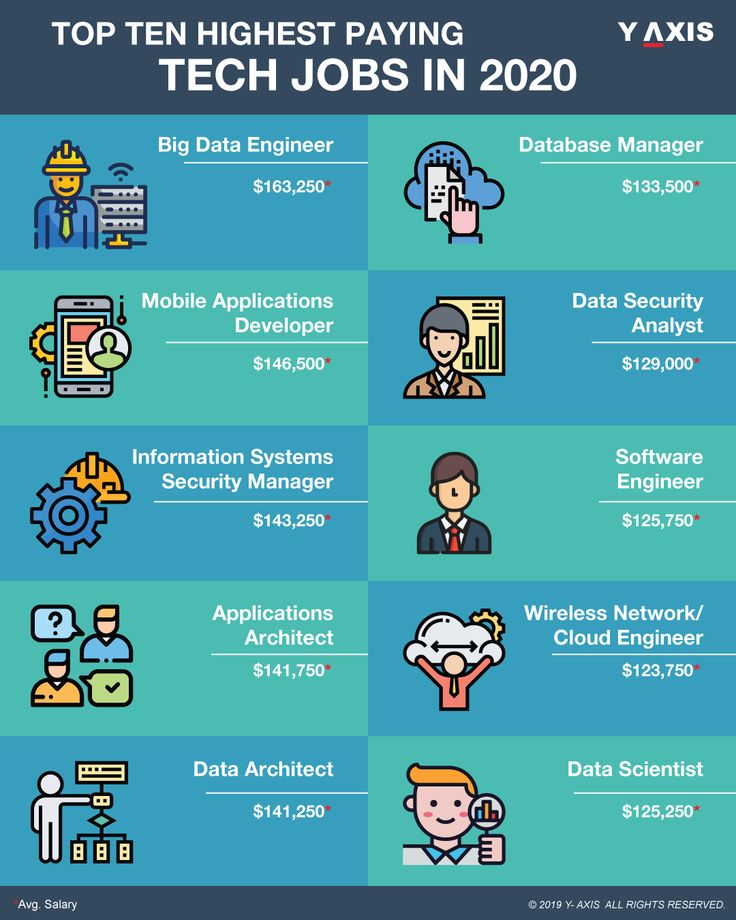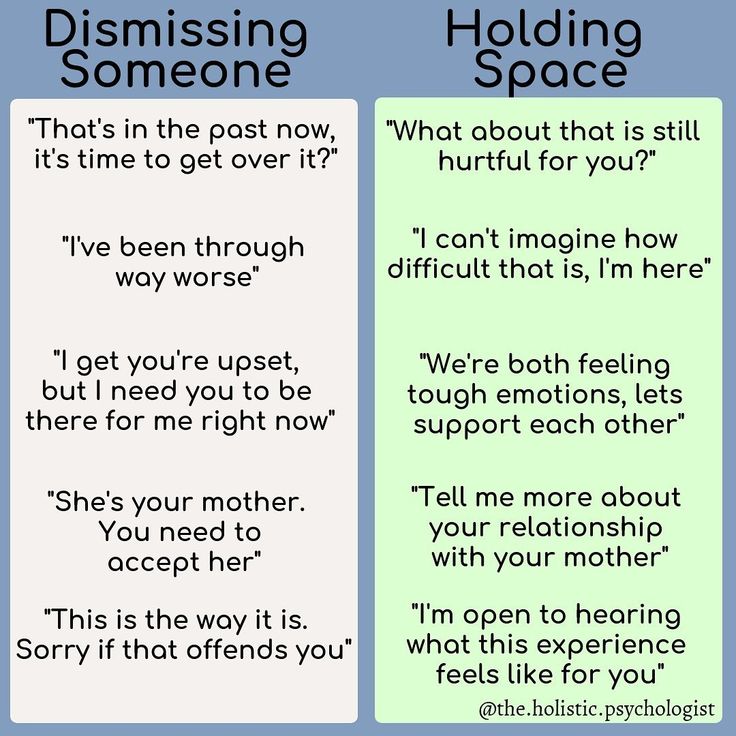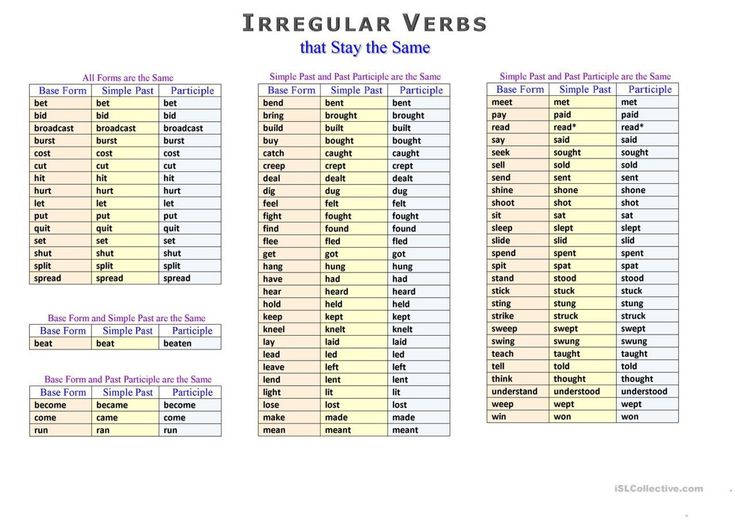Competence definition psychology
Knowing What You Don’t Know
American Psychological Association. (2017). Ethical principles of psychologists and code of Conduct. Retrieved from http://www.apa.org/ethics/code/
Bamonti, P. M., Keelan, C. M., Larson, N., Mentrikoski, J. M., Randall, C. L., Sly, S. K.,… McNeil, D. W. (2014). Promoting ethical behavior by cultivating a culture of self-care during graduate training: A call to action. Training and Education in Professional Psychology, 8(4), 253-260. doi: 10.1037/tep0000056
Barnett, J. E., Doll, B., Younggren, J. N., & Rubin, N. J. (2007). Clinical competence for practicing psychologists: Clearly a work in progress. Professional Psychology: Research and Practice, 38(5), 510-517. doi: 10.1037/0735-7028.38.5.510
Barnett, J. E., & Hillard, D. (2001). Psychologist distress and impairment: The availability, nature, and use of colleague assistance programs for psychologists. Professional Psychology: Research and Practice, 32(2), 205-210. doi: 10.1037/0735-7028.32.2.205
Bashe, A., Anderson, S. K., Handelsman, M. M., & Klevansky, R. (2007). An acculturation model for ethics training: The ethics autobiography and beyond. Professional Psychology: Research and Practice, 38(1), 60-67. doi: 10.1037/0735-7028.38.1.60
Brodsky, S. L., & McKinzey, R. K. (2002). The ethical confrontation of the unethical forensic colleague. Professional Psychology: Research and Practice, 33(3), 307-309. doi: 10.1037//0735-7028.33.3.307
Cederberg, C. D. (2017). Personal branding for psychologists: Ethically navigating an emerging vocational trend. Professional Psychology: Research and Practice, 48(3), 183-190. doi: 10.1037/pro0000129
Elman, N. S., & Forrest, L. (2004). Psychotherapy in the remediation of psychology trainees: Exploratory interviews with training directors. Professional Psychology: Research and Practice, 35(2), 123-130. doi: 10.1037/0735-7028.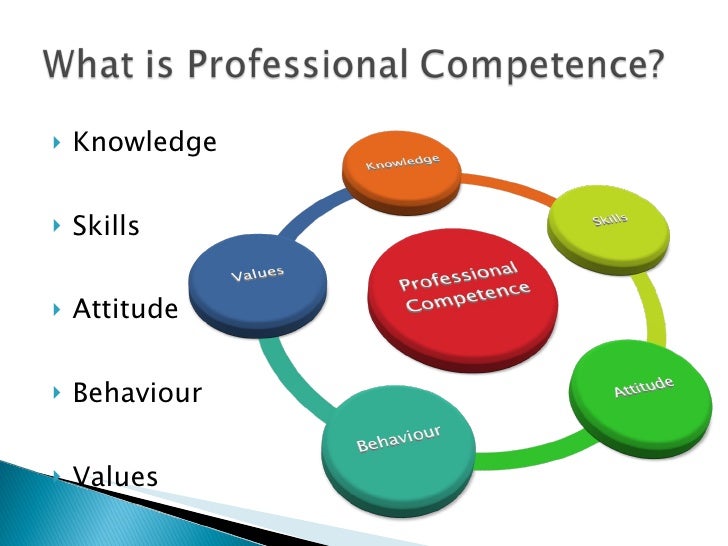 35.2.123
35.2.123
Epstein, R. M., & Hundert, E. M. (2002). Defining and assessing professional competence. JAMA: Journal of the American Medical Association, 287(2), 226-235. doi: 10.1001/jama.287.2.226
Forrest, L., Shen-Miller, D., & Elman, N. S. (2008). Psychology trainees with competence problems: From individual to ecological conceptualizations. Training and Education in Professional Psychology, 2(4), 183-192. doi: 10.1037/1931-3918.2.4.183
January, A. M., Meyerson, D. A., Reddy, L. F., Docherty, A. R., & Klonoff, E. A. (2014). Impressions of misconduct: Graduate students’ perception of faculty ethical violations in scientist-practitioner clinical psychology programs. Training and Education in Professional Psychology, 8(4), 261-268. doi: 10.1037/tep0000059
Johnson, W. B., Barnett, J. E., Elman, N. S., Forrest, L., & Kaslow, N. J. (2012). The competent community: Toward a vital reformulation of professional ethics.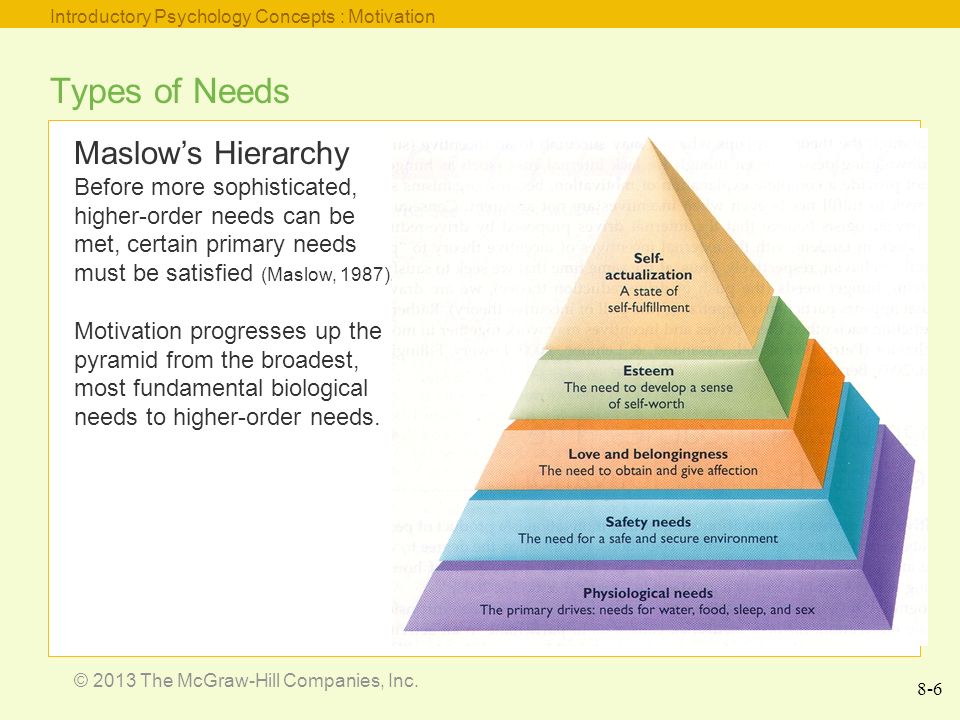 American Psychologist, 67(7), 557-569. doi: 10.1037/a0027206.
American Psychologist, 67(7), 557-569. doi: 10.1037/a0027206.
Johnson, W. B., Barnett, J. E., Elman, N. S., Forrest, L., & Kaslow, N. J. (2013). The competence constellation model: A communitarian approach to support professional competence. Professional Psychology: Research and Practice, 44(5), 343-354. doi: 10.1037/a0033131
Johnson, W. B., Elman, N. S., Forrest, L., Robiner, W. N., Rodolfa, E., & Schaffer, J. B. (2008). Addressing professional competence problems in trainees: Some ethical considerations. Professional Psychology: Research and Practice, 39(6), 589-599. doi: 10.1037/a0014264
Kaslow, N. J., Borden, K. A., Collins, F. L., Jr., Forrest, L., Illfelder-Kaye, J., Nelson, P. D.,…Willmuth, M.E. (2004). Competencies conference: Future directions in education and credentialing in professional psychology. Journal of Clinical Psychology, 60(7), 699-712. doi: 10.1002/jclp.20016
McCutcheon, S. R. (2008). Addressing problems of insufficient competence during the internship year. Training and Education in Professional Psychology, 2(4), 210-214. doi: 10.1037/a0013535
(2008). Addressing problems of insufficient competence during the internship year. Training and Education in Professional Psychology, 2(4), 210-214. doi: 10.1037/a0013535
Neimeyer, G. J., Taylor, J. M., & Cox, D. R. (2012). On hope and possibility: Does continuing professional development contribute to ongoing professional competence? Professional Psychology: Research and Practice, 43(5), 476-486. doi: 10.1037/a0029613
Nelson, P. D. (2007). Striving for competence in the assessment of competence: Psychology’s professional education and credentialing journey of public accountability. Training and Education in Professional Psychology, 1(1), 3-12. doi: 10.1037/1931-3918.1.1.3
Oliver, M. N. I., Bernstein, J. H., Anderson, K. G., Blashfield, R .K., & Roberts, M. C. (2004). An exploratory examination of student attitudes toward “impaired” peers in clinical psychology training programs. Professional Psychology: Research and Practice, 35(2), 141-147.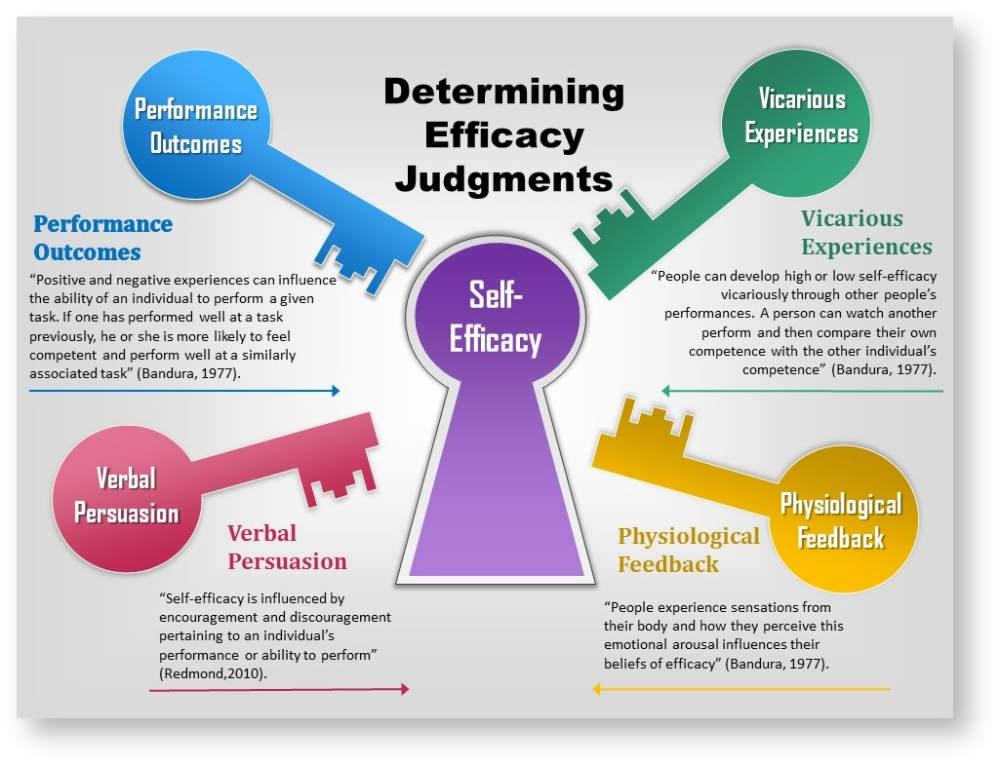 doi: 10.1037/0735-7028.35.2.141
doi: 10.1037/0735-7028.35.2.141
Paige, R. U. (2005). Proceedings of the American Psychological Association for the legislative year 2004: Minutes of the annual meeting of the Council of Representatives, February 20-22, 2004, Washington, DC, and July 28 and 30, 2004, Honolulu, Hawaii, and minutes of the February, April, June, August, October, and December 2004 meetings of the Board of Directors. American Psychologist, 60(5), 436-511. doi: 10.1037/0003-066X.60.5.436
Patterson, C. J. (2005). Lesbian and gay parents and their children: Summary of research findings. In American Psychological Association, Lesbian & gay parenting (pp. 6-22). Retrieved from http:// http://www.apa.org/pi/lgbt/resources/parenting-full.pdf
Roberts, M. C., Borden, K. A., Christiansen, M. D., & Lopez, S. J. (2005). Fostering a culture shift: Assessment of competence in the education and careers of professional psychologists. Professional Psychology: Research and Practice, 36(4), 355-361.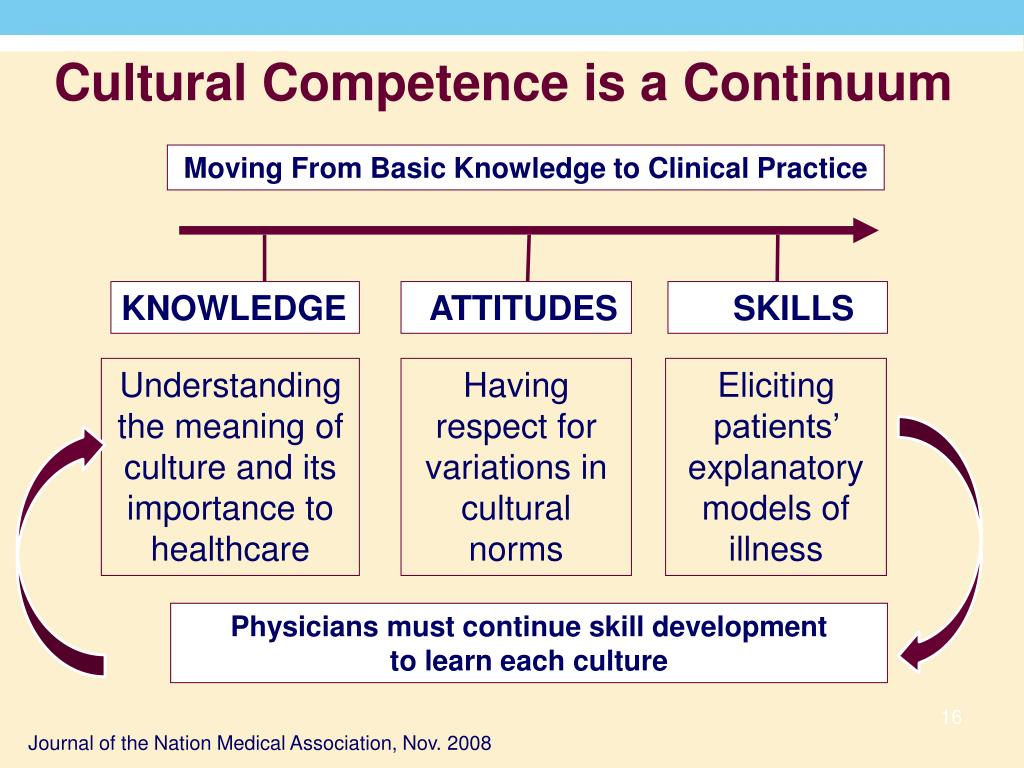 doi:http://dx.doi.org/10.1037/0735-7028.36.4.355
doi:http://dx.doi.org/10.1037/0735-7028.36.4.355
Rodolfa, E., Bent, R., Eisman, E., Nelson, P., Rehm, L., & Ritchie, P. (2005). A cube model for competency development: Implications for psychology educators and regulators. Professional Psychology: Research and Practice, 36(4), 347-354.
Sackett, P. R., Borneman, M. J., & Connelly, B. S. (2008). High stakes testing in higher education and employment: Appraising the evidence for validity and fairness. American Psychologist, 63(4), 215-227. doi: 10.1037/0003-066X.63.4.215
Sackett, P. R., Schmitt, N., Ellingson, J. E., & Kabin, M. B. (2001). High-stakes testing in employment, credentialing, and higher education: Prospects in a post-affirmative-action world. American Psychologist, 56(4), 302-318. doi: 10.1037/0003-066X.56.4.302
Wester, S. R., Christianson, H. F., Fouad, N. A., & Santiago-Rivera, A. L. (2008). Information processing as problem solving: A collaborative approach to dealing with students exhibiting insufficient competence.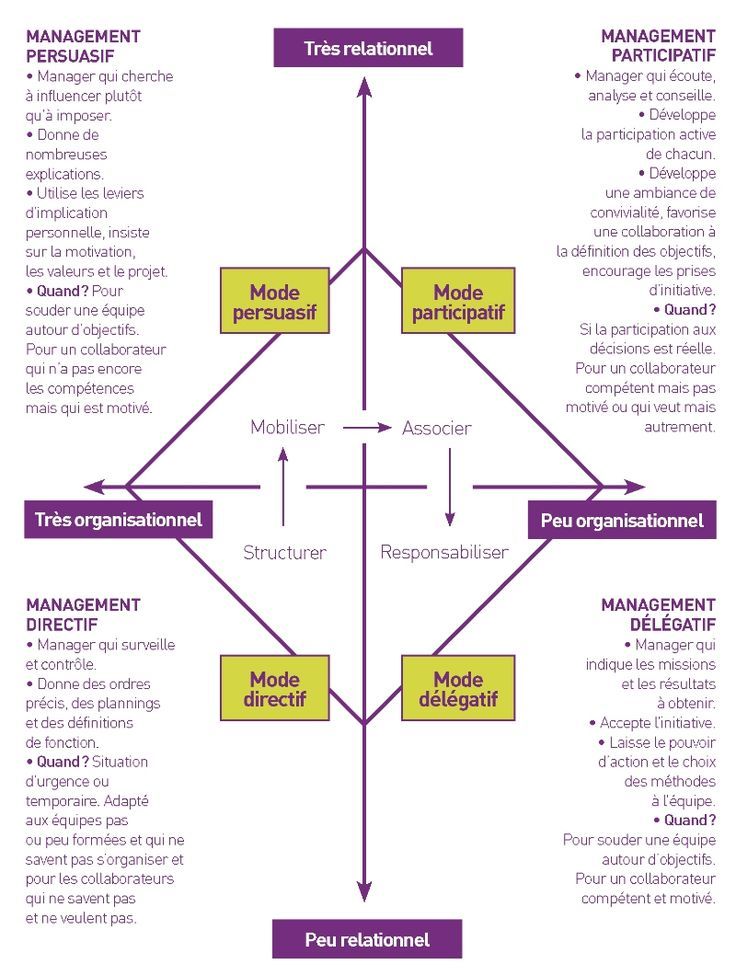 Training and Education in Professional Psychology, 2(4), 193-201. doi: 10.1037/1931-3918.2.4.193
Training and Education in Professional Psychology, 2(4), 193-201. doi: 10.1037/1931-3918.2.4.193
What is Competence and Why is it Important?
Competence means that you have the ability to do something well. You are capable of performing a task or job effectively.
Competence can include the knowledge and skills needed to solve a quadratic equation. Or, it can comprise the much larger and more diverse clusters of skills, or competencies, needed to lead a multinational corporation.
The concept of competence is creeping into our lives, pervading our thinking about developing people of all ages – from new babes to weathered professionals. We find it in modern human resources departments in our workplace, and in innovating schools experimenting with competence-based education.
But where is this concern with competence coming from?
Is it the right way forward, or just another buzzword?
In fact, competence has been around for some time now.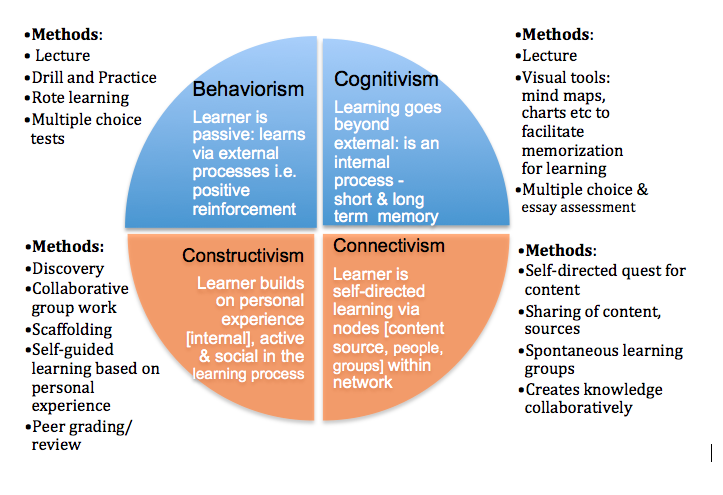 The roots of competence lie in a debate about general intelligence – IQ or g.
The roots of competence lie in a debate about general intelligence – IQ or g.
David McClelland of Harvard wrote a classic paper on the issue: Testing for Competence Rather than Intelligence. He published it in the journal American Psychologist in 1973. Forty years later, it’s still as punchy and pertinent as ever. Let me tell you about my favorite line of his argument…
Intelligence Problems
Student: What’s this test about?
Psychologist: It will tell me about your intelligence.
Student: What’s intelligence?
Psychologist: It’s what my test measures.
Old joke, I know. What astonishes me is that it still sums up the truth so well.
What’s the problem with intelligence tests?
Well, classic IQ theorists have been searching for a test of general mental capacity that doesn’t change with education or training.
The reason they want a stable score is to try to convince us that they are measuring an innate aptitude. You’re born with it.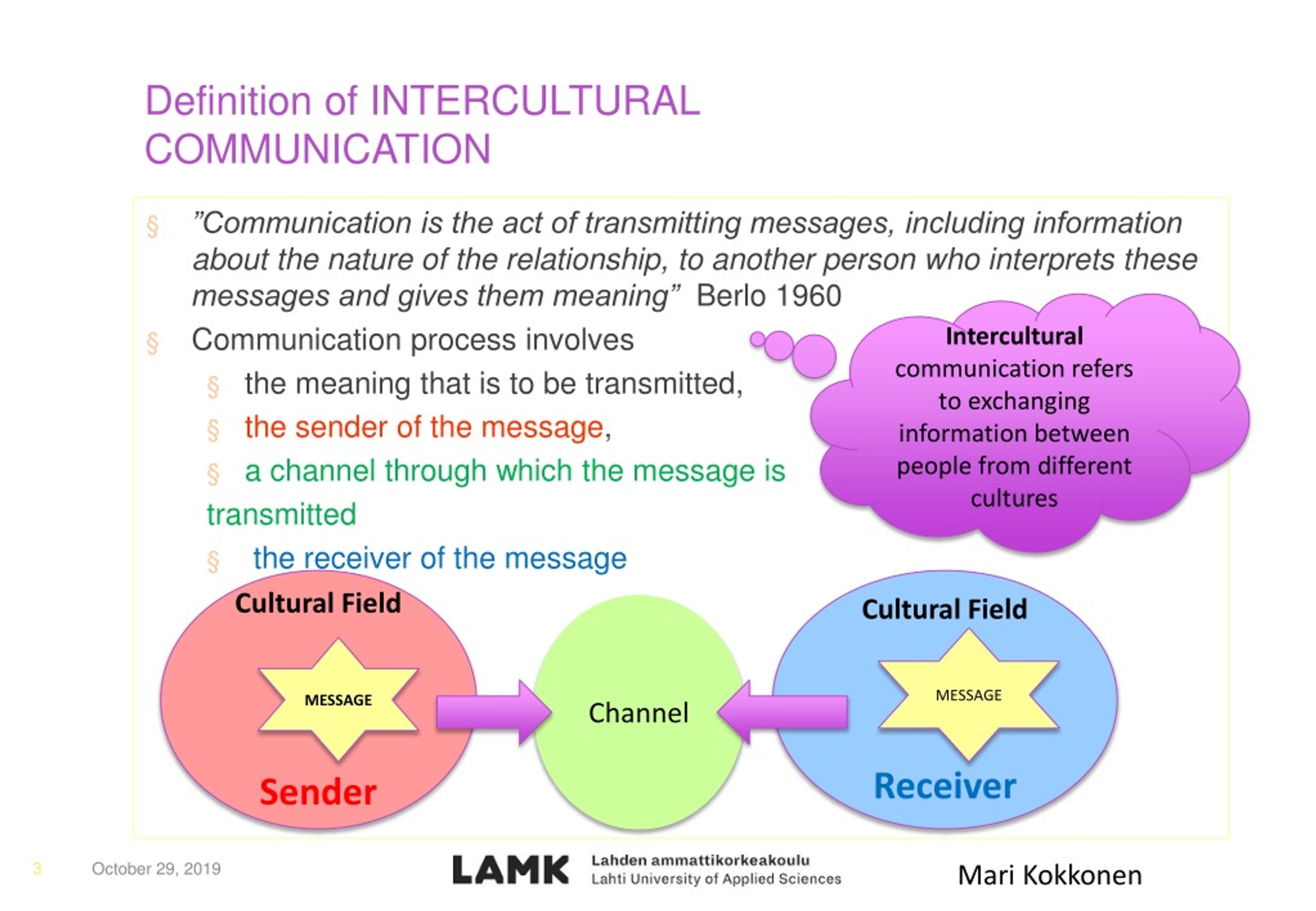 And if you’ve made an unlucky draw, there’s nothing to do but cope.
And if you’ve made an unlucky draw, there’s nothing to do but cope.
That problem is that virtually any human characteristic can be altered by experience. We are creatures of change.
Take a simple example. If I blow a puff of air on your eye you will blink. (Duh.) Now, I’ll play a little “Tata Tada” and then blow a puff on your eye. If you actually let me do this over and over, well, that might be a test of your intelligence. With repetition, your eye will eventually learn to blink just from the sound. Your eye has figured out what’s coming and gets ready for it.
All these amazing, little things we learn is what makes us so fantastically adaptable. Whatever it is, intelligence can change.
Good for humans, bad for intelligence testers. The IQ tester response has been to invoke sorcery. Use arcane problems that don’t look like everyday life. Shroud the test in mystery. Keep it secret, so folks can’t learn how to do it. Say it can’t be trained to keep people from even trying.
So, instead of a test that gets at a deep, central aspect of mental functioning, we may just have a test of a highly specialized skill that bears little relation to everyday life experience.
You can learn a lot of useful things, and still perform the same on the intelligence test. You can also get better at IQ tests. But doing that won’t much help you improve in school or on the job.
So, why should we be interested in such a specialized skill?
There is another approach. Another way to think about what your mind can do.
What is Competence?
In contrast to intelligence, competence is straightforward and transparent. Competence on a task or job means that you have some ways of thinking or behaving that matter for performance on that task.
For example, if you’re a seller, then your ability to establish trust with customers affects the sales you make. Being able to establish credibility is a part of your competence in that job.
If you’re a scientist, then your ability to notice puzzles and dig into them affects the discoveries you make. Inquiry and related metacognitive strategies are an important part of competence in that job.
Inquiry and related metacognitive strategies are an important part of competence in that job.
How can we know that these competencies relate to performance?
If you want to know what it takes to be a good scientist, entrepreneur, teacher, or anything else, you need to go out into the field. Find and study these people, using cognitive field research methods, to figure out how the thoughts and actions of good and poor performers differ.
This is the main thrust of our research at Global Cognition.
Naturally, there is a problem with this approach. The danger here is that you can wind up with very many, detailed lists of skills and knowledge elements for any important aspect of job performance.
Intelligence tries to make a magic leap from one specialized skill to mental performance in general.
Competence could wind up with thousands of specific skills. The relevance of each can be known. But the list is overwhelming nonetheless.
Fortunately, there’s a solution.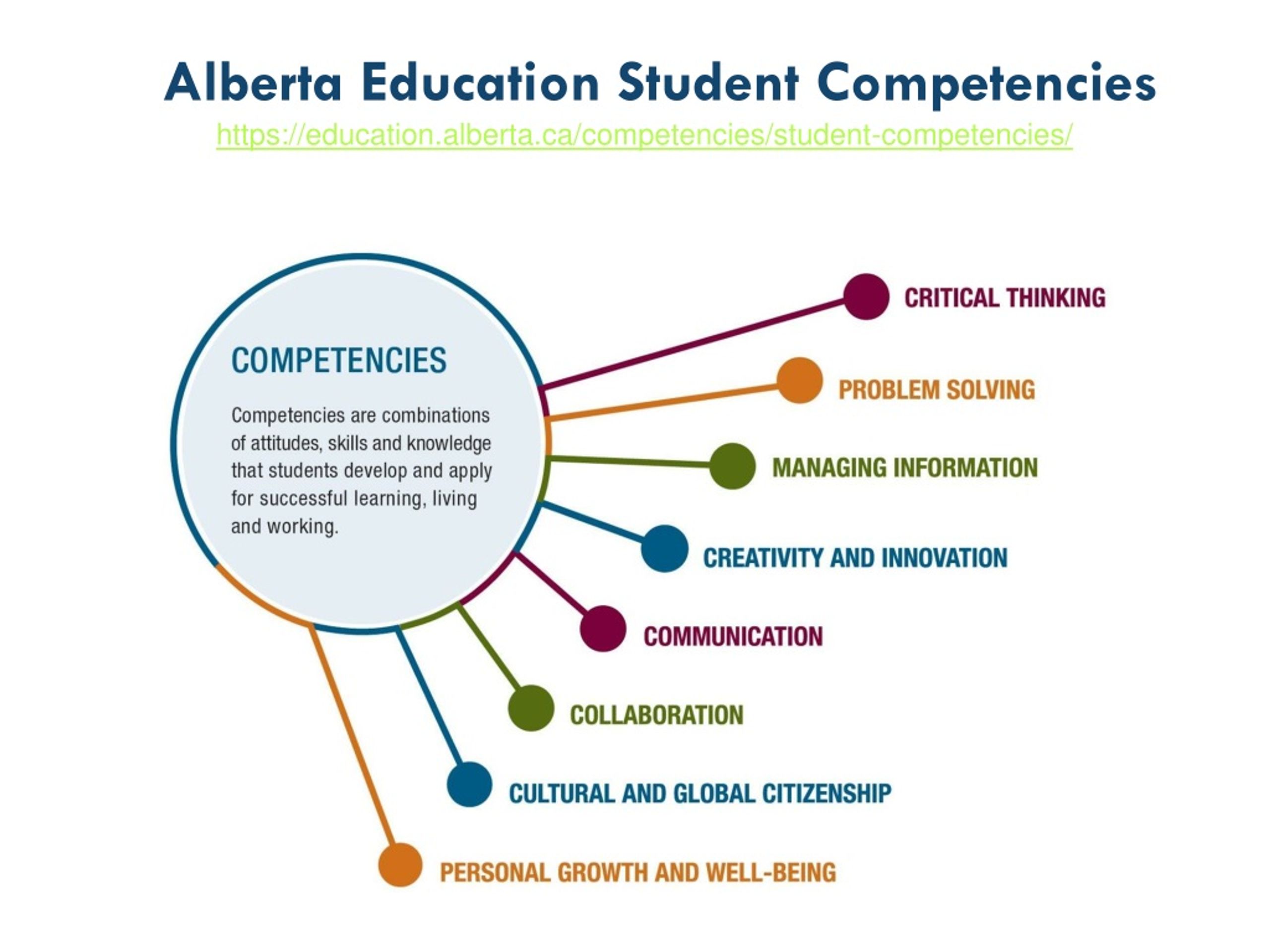
If you begin from this base (and many have since the time of McClelland’s article), you can look across jobs to identify elements of competence that crop up everywhere.
We can do some things that humans are very good at: Classify, categorize, build taxonomies.
For example, information seeking is a competency that studies have shown to be relevant to performance in many jobs. It’s a general cognitive skill that’s been proven to matter. This competency is a category. It can be broken down to a more refined list of knowledge items and skills, such as the specific questioning strategies you use.
With the competence approach, we can move away from sorcery, and focus on science of the mind. Not as mysterious, not as enchanting. But effective.
Relevant, transparent results that generalize across a wide range of situations. This is what the psychology of competence is about. Many are moving in this direction, both in professional workplace settings and in education.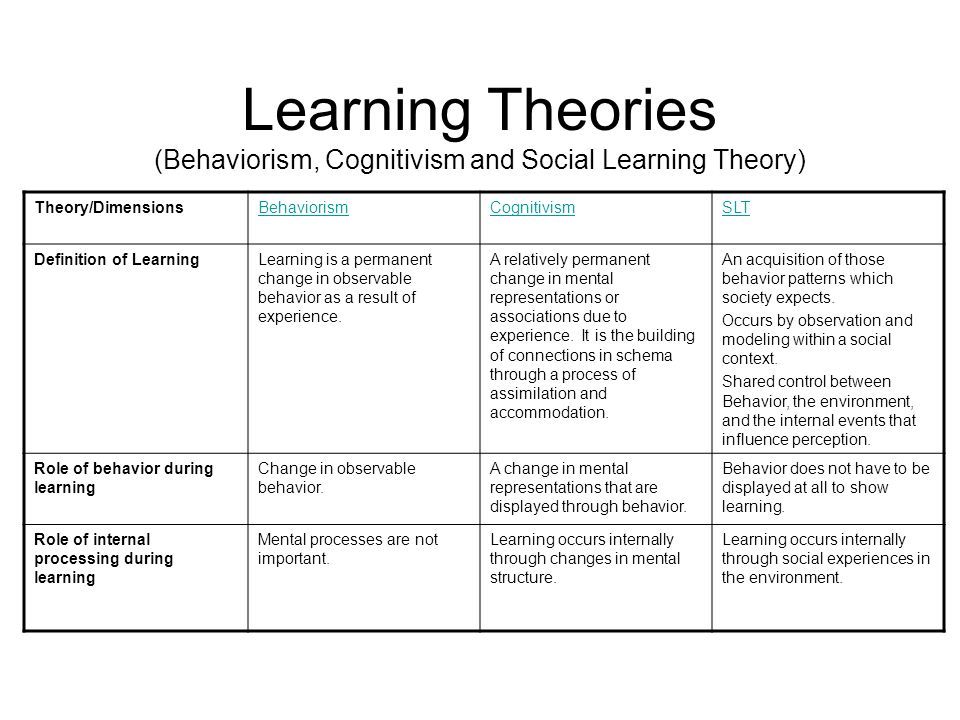
Because it makes sense.
Image Credit: ShiftGrafiX
References
McClelland, D. C. (1973). Testing for competence rather than for “intelligence.” American psychologist, 28 (1), 1-14
Competence - Psikhologos
Competence (from lat.competo - achieve, conform, fit) - a short behavioral description of what people do to do a certain job well. For example, the competencies "persuasion" or "negotiation skills" are indicators of sales performance .
Competence - a behavioral standard for the effective performance of (a particular) job.
Competences can describe both individual and personal characteristics (for example, the competence of "stress resistance", "teamwork propensity", "creativity", etc.) and skills (for example, the competence of "negotiation skills" or plan"). nine0005
A description of a competency may include a description of abilities, personality traits, skills, knowledge and experience, anything about a person, but:
- description d.
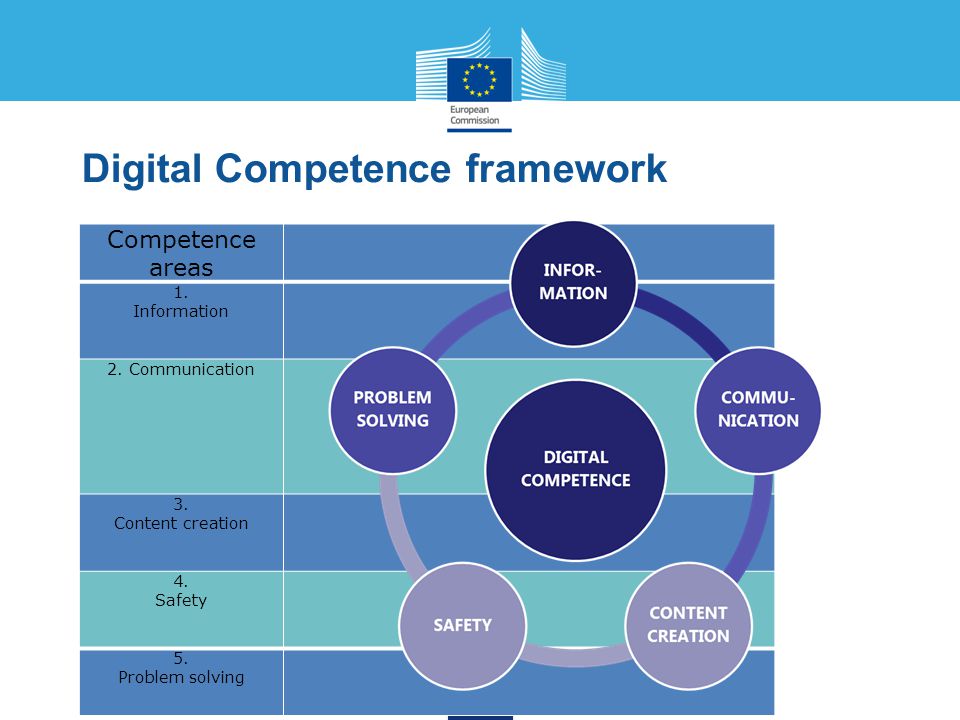 b. be strictly behavioral - something that can be directly seen.
b. be strictly behavioral - something that can be directly seen. - description d.b. specific, on the basis of which the level of competence can be definitely assessed
- wording should give an unconditionally positive assessment almost regardless of the context (specific business objectives or corporate style of the organization). nine0014
See examples of competencies as well as generic competency description " Decision Making ".
Related concepts
For many years, the term "competence" has been used as an all-encompassing name, referring to everything related to management performance. In English, the terms "competence" and "competency" are synonymous, which creates some confusion due to their inconsistent use. Perhaps one of the key causes of confusion is the misuse of the terms "competence" and "competency". nine0005
Competencies refer to an individual and appear in the context of different types of behavior (i.e. the term refers to behavioral areas).
Competence refers to the work itself and correlates with the complexity of the task itself and the results of the work. (i.e. related to functional areas). To be competent means to be able to mobilize the acquired knowledge and experience in a given situation.
Competency model - a system of requirements for an employee based on a complete definition of a job or jobs in terms of behavior. nine0005
Position profile is a description of the competencies, experience, and personal data required to perform this job in this organization.
Types of competencies
- Household
- Professional
- Civil
Educational and cognitive competence is a set of skills and abilities of cognitive activity. Possession of the mechanisms of goal-setting, planning, analysis, reflection, self-assessment of the success of one's own activity. Possession of methods of action in non-standard situations, heuristic methods of solving problems.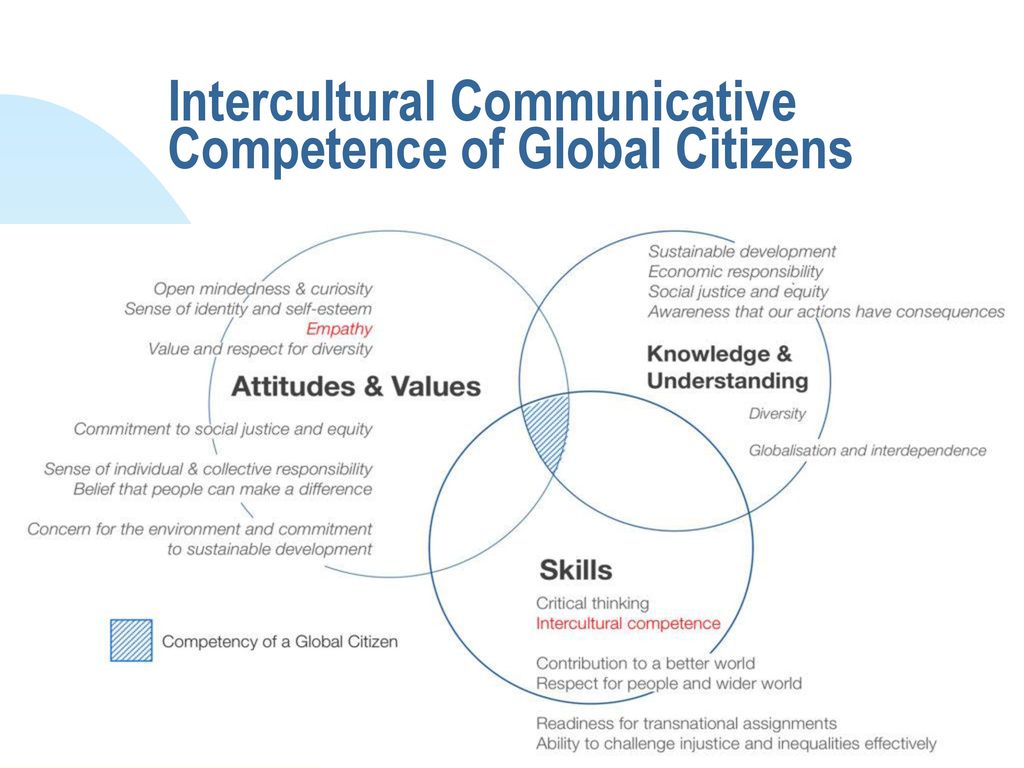 Possession of measuring skills, use of statistical and other methods of knowledge. nine0005
Possession of measuring skills, use of statistical and other methods of knowledge. nine0005
Information competence is the ability to independently search, analyze, select, process and transmit the necessary information using information technologies.
Communicative competence is the ability to interact with other people, the ability to work in a group. Introduction to various social roles.
And more. etc.
Topic 3. Psychological competencies of the leader and their diagnostics
AT psychology developed various approaches to the definition of competence. Many definitions developed competencies.
-
this is individual trait that contributes high quality work at a particular position in a particular organizational context.
-
this is behavioral aspects that affect on work efficiency.
-
this is core abilities and potential opportunities for quality performing certain work.
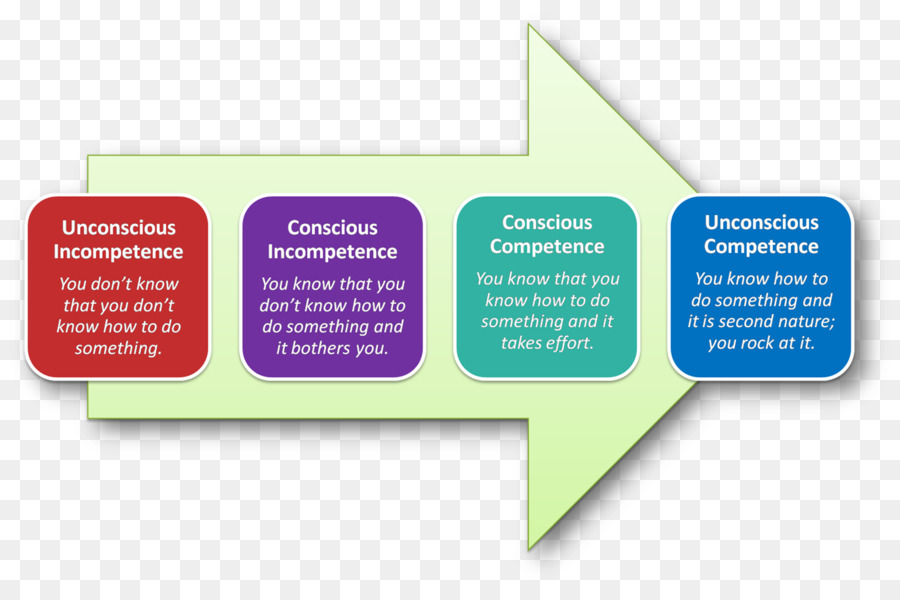 nine0005
nine0005 -
this is all work-related properties personality, knowledge, skills and values, that motivate a person well do your job.
-
this is the main personality trait that leads to effective or excellent work.
-
this is a set behavioral characteristics required employee for successful completion a particular job
Basic competencies are determined as a result analysis of key aspects of behavior or subtle skills that distinguish efficient performance of work from less efficient. Competences are manifested in behavior and include skills interpersonal communication, leadership, analytical skills, orientation for achievements. Competencies are sustainable repeat and persist over time. In total, up to 600 are mentioned in the literature. competencies. In practical work use lists of less than 36. Competences should be fundamentally measurable
(more often only on a 7-point scale), they must have a clear and concise formulation, easily understood by everyone.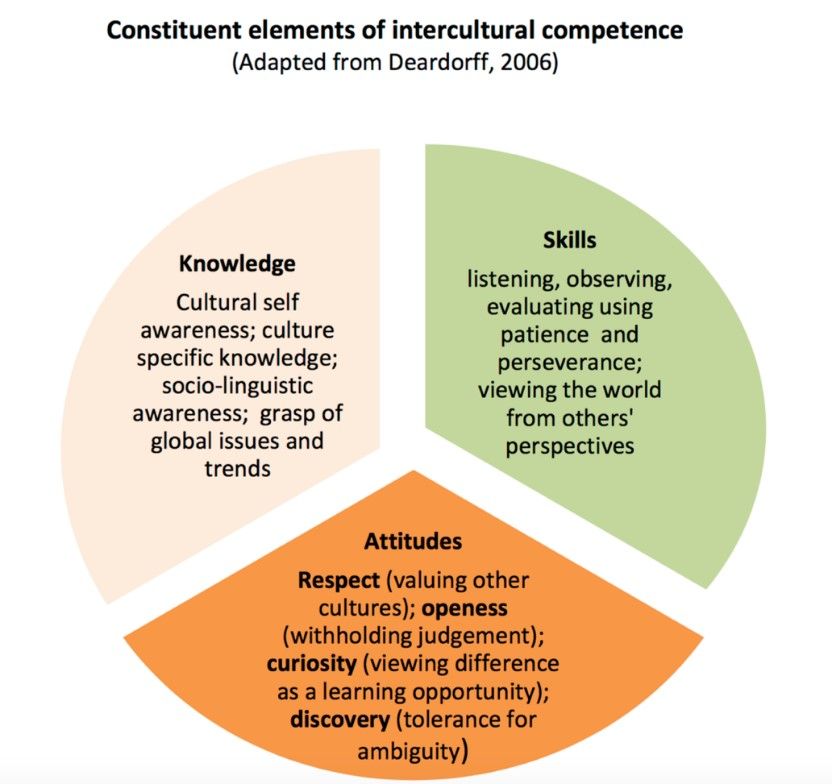
The concept of a profile employee.
Model iceberg - suggests that in behavior a person stands out "visible" and "invisible" part. "Visible" component includes - experience, knowledge and skills, and the "invisible" - social role, position - relationships, self-esteem, character traits, hierarchy of values. The DISC model was designed by Hugo Immenck. He suggested, assessing a person, consider the following factors: result oriented on social factors, severity striving for stability and predictability, expressiveness of the desire to agree with regulations and law. nine0005
Basic competencies of managerial personnel include the ability to integrate intelligence, ability to create and educate purposeful teams fruitfully interacting employees who during the implementation of tasks may change its composition. If in 1995 important qualities were considered: orientation to achievement, flexibility ability work in a team, ability to work self, responsibility, then 2000, the list of qualities has changed and such qualities came to the fore like flexibility, communication, leadership, independence, intellectual capabilities.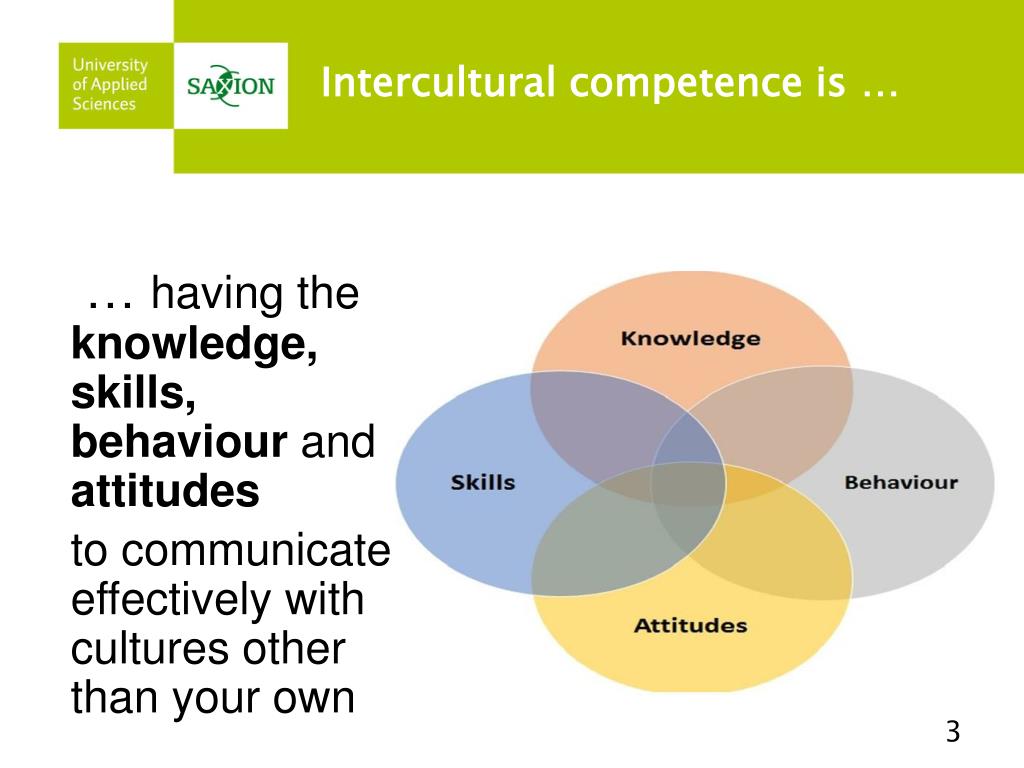 Availability of special technical skills become less important. Currently a big focus on emotional manager competencies. nine0005
Availability of special technical skills become less important. Currently a big focus on emotional manager competencies. nine0005
emotional managerial competence is the ability recognize your own feelings and feelings of other people, the ability to manage with their behavior and behavior and attitude other people. At the heart of emotional competencies lie: empathy and skills social communication.
Components emotional competence:
1. Self-consciousness - Understanding your inner states preferences, resources, intuition (emotional awareness, accuracy self-esteem - knowing your strengths and limitations, self-confidence - sense of self-worth and knowledge of advantages and limitations). nine0005
2.Self-regulation - managing your internal states, impulses and resources (self-control, reliability - manifestation honesty and integrity, conscientiousness- taking responsibility for results their actions, adaptability, innovation).
3. Motivation - emotional urge and facilitating the achievement of the goal (need achievements, commitment to the organization, initiative, optimism).
4. Empathy - awareness of feelings, needs and interests of other people
(understanding others, development of others, focus on providing customer service, value orientation information from other people perception of changes in group dynamics and relationships).
5. Social skills - the ability to evoke desires in other people reactions (influencing others, communication skills, problem solving skills conflicts, leadership, ability act as a catalyst change, the ability to build social communications, cooperation and cooperation, ability to work in a group). nine0005
Everybody components of emotional competence have a number of characteristics: independent, interconnected, hierarchically organized, they are necessary, but not enough, they apply to people any professions. Psychologist consultant not only diagnoses these qualities, but also stimulates their development in the head and staff of the organization. Psychological personality testing is carried out consultant for various purposes:
Psychologist consultant not only diagnoses these qualities, but also stimulates their development in the head and staff of the organization. Psychological personality testing is carried out consultant for various purposes:
-
as an incentive to development of client competencies,
-
for evaluation purposes candidate when applying for a vacancy place,
-
if accepted promotion decisions or transfer to a new location.
At conducting competency diagnostics compliance is taken into account. personal characteristics of the employee organization's requirements. Conformity personality traits "character" organization" contributes to a better adaptation and promotion.
For assessment of the psychological type of the leader and its suitability for the "character of the organization" the technique of D. Keirsey is applied (version L.I. Kataeva).
